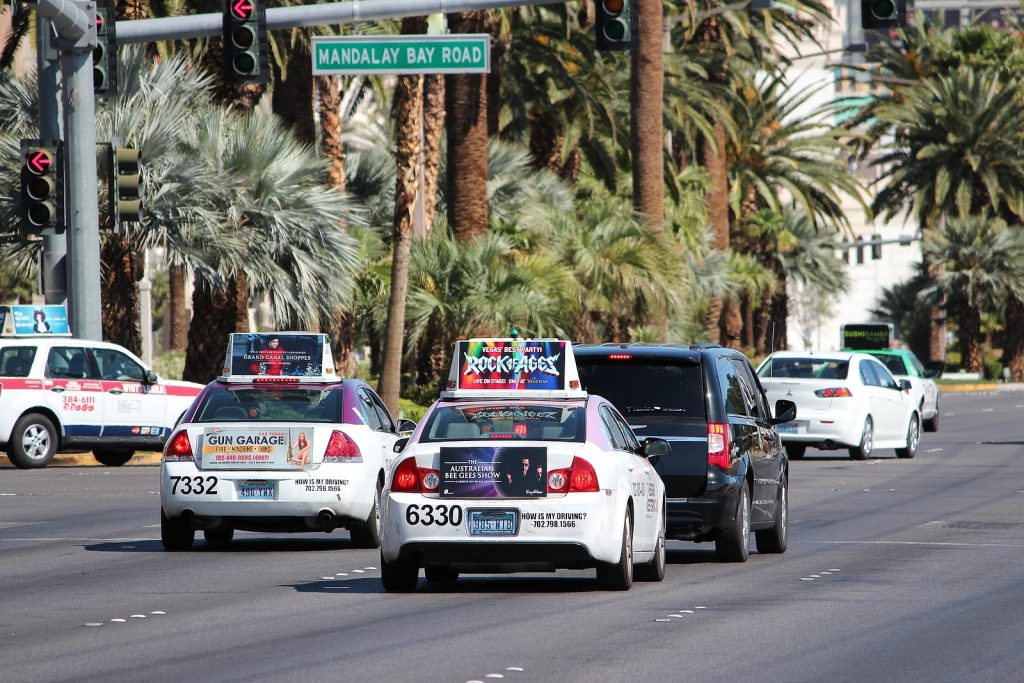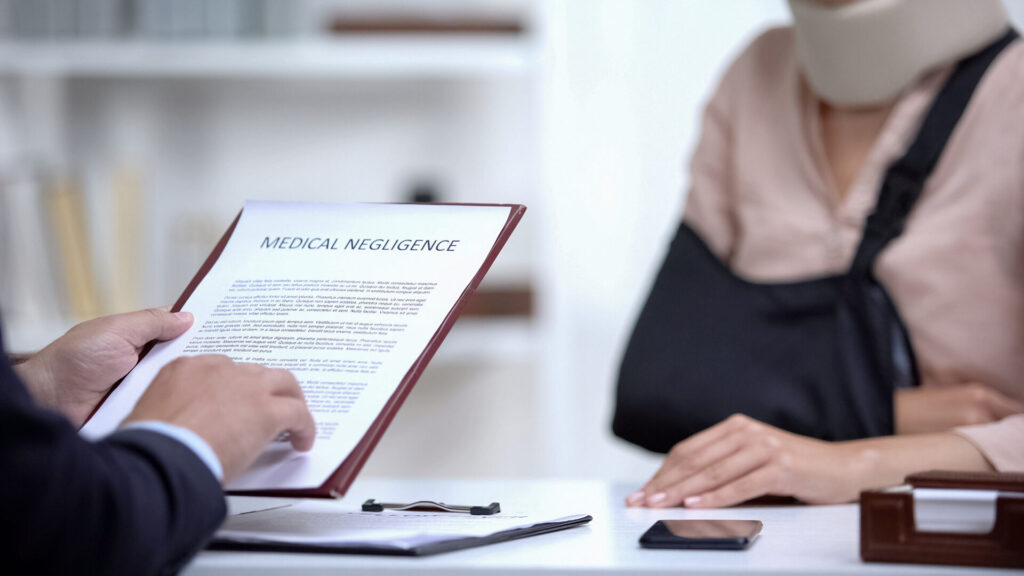Every year guests at Las Vegas hotels suffer various injuries due to poor maintenance, staff errors, faulty equipment, and much more. They incur lost income, high medical costs, pain & suffering, and more.
If you’ve been injured in a Las Vegas hotel, you may have grounds to sue the hotel for negligence and, at the least, obtain a settlement to cover all your medical expenses, lost wages, “pain & suffering”, and more.
The fine Las Vegas hotels and their management have a distinct duty to take reasonable measures to prevent foreseeable injuries and repair or correct dangerous conditions.
To file a successful personal injury claim against the hotel, there are things you need to do immediately. First, seek medical attention right after your accident, and never miss any of your doctor’s scheduled appointments.
It’s common to feel fine at first, but many injuries take time to manifest symptoms, and you may have sustained an acute injury whose symptoms don’t show up for days or weeks later. It’s vital to note that all medical records are critical to your case and will be used as evidence.
Take photos and video footage of the accident scene and all your immediate injuries if possible. If you cannot do this, enlist a friend or family member to help.

Obtain all the contact information of any witnesses at the scene and try to preserve all the pertinent evidence you can. For example, if you had a slip & fall accident, obtain a sample of the actual substance you slipped on.
Also, write down or dictate everything that happened before, during, and after your accident. Your memory may fade quickly or be a bit troubled, but do your best. You must note that when your Las Vegas hotel accident lawyer thoroughly analyzes your case, even the smallest detail could make a massive difference in determining fault.
What Are the Most Common Types of Injuries at Las Vegas Hotels?
You know Las Vegas hotels are enormous and have miles of hallways, stairwells, and open spaces filled with thousands of guests. Many areas have the potential for you to get hurt. By far, though, the most common type of accidents at these facilities are slips, trips, and falls.

These are the most common injuries sustained by hotel guests. All hotel workers are instructed to keep steps, walkways, and other traffic areas dry and clear of debris, but you know that isn’t always the case. Hotel staff should advise guests of potentially dangerous areas such as water spills. These areas should be immediately taped off or identified, but that doesn’t always happen.
Despite precautions, slips, trips, and falls frequently occur on hotel premises, and depending on the specific circumstance, you could be injured badly.
When you’re a guest in any hotel, watch for these problem areas to avoid a slip, trip, or fall injury:
- Broken or inadequately maintained handrails.
- Dim or poorly lit hallways and stairwells.
- Drink spills near the hotel bar.
- Improperly marked steps near the pool or hot tub.
- Loose tile, carpeting, rugs, etc.
- Recently mopped floors.
- Slick surfaces near the pool or hot tub.
- Uneven sidewalks or outdoor walkways.
Some injuries are minor, but many take weeks or months to recover. You may have lost wages, large medical bills, therapy for recovery, and much more to pay. Consulting with a professional Las Vegas hotel accident law firm will help to ensure you have the financial support you need to recover and thrive.
When Is a Las Vegas Hotel Liable to Their Guests?
Hotels usually are liable to their guests when you are injured or have your personal property stolen on their property due to their negligence. There’s an “innkeeper’s duty,” which implies that “innkeepers (or hotel owners)” are responsible for injuries to and theft from their in-house and visiting guests.
This type of liability is known as “premises liability,” which dictates that the owners of the land and buildings on that land can be held liable for injuries to or theft from their guests. A myriad of conditions and situations may cause damage to guests. Also, thefts can often be done by other hotel guests or employees of the hotel itself. In this case, the hotel can also be held liable for the actions of its employees.
When you and your personal injury lawyer file a claim against a hotel, it is almost always due to negligence. Legally, the hotel failed to provide a safe environment for guests and their belongings. These cases differ enormously. Your Las Vegas personal injury lawyer’s knowledge and expertise will be invaluable to obtaining the funds you need.
How Does My Lawyer Prove the Hotel was Negligent?
When you, as the hotel guest, suffer an injury while on hotel property, you have the right to bring a negligence claim against the hotel.

To prove that negligence occurred, your lawyer will fight to prove the following:
- You were a paying customer of the hotel at the time and were considered an “invitee.”
- As you were an invitee, the hotel owed you a duty of reasonable care, based on the standards and guidelines of reasonable hotels, caring for their guests.
- This “duty” was breached because of the hotel’s negligence or failure to complete some specified action, which resulted in your injury and claim.
- Also, in breaching their duty of care, the hotel directly caused or contributed to your injury.
This sounds simple, but most definitely is not. Still, the expertise, experience, and diligence of your local Las Vegas personal injury law firm will know precisely what to look for and present the evidence needed to obtain the finances you desperately need.
I Must File a Hotel Accident Claim in Las Vegas; How Should I Proceed?
You must be aware of two things: hotel accidents are quite common and cause much more severe injuries than you might expect. What started as a much-needed vacation may result in significant injury, lost wages, recovery expenses, “pain & suffering,” and more.
Consulting with a professional Las Vegas hotel accident law firm as soon as possible may be critical to your health and your family’s financial well-being. These experts in hotel accidents will promptly and thoroughly discuss your case and formulate the best course of action to get the monetary compensation you need.









